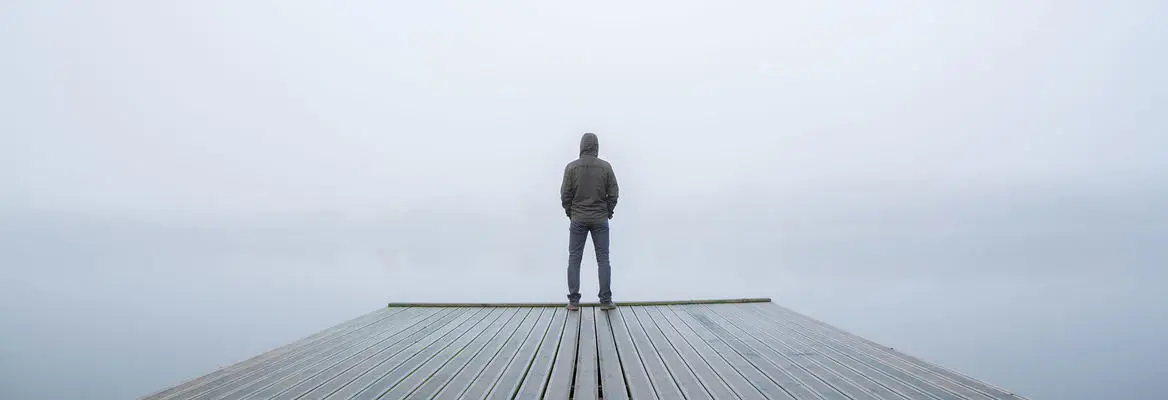Amid great historical moments we find ourselves abruptly situated and filled with an urge to record the momentous moments. We should be careful not to overlook the virtue of doing nothing, and the value of silence while surrounded by the cacophony of the Covid-19 crisis.
Cities are deserted. Flight-paths are quiet. The roads are virtually empty. One of the new experiences that the global lockdown has given us is greater silence or, more accurately, a greater range of silences. Now, you might think of silence as a cheap commodity. Virtually everyone can access it and there’s an inexhaustible supply of the stuff. After all, isn’t silence just what is left when there’s nothing more interesting going on? But, as I’ve learned since I began writing a literary history of silence in 2018, there are rich intellectual traditions informing the act of not saying anything. Certain silences have enormous significance, and two of them are of particular relevance to our strange new lives in the lockdown: the silence that comes from living in momentous times and the silence of not doing very much at all.
The day the lockdown began in the UK, my husband and I started a plague journal, named in honour of Daniel Defoe’s A Journal of the Plague Year of 1722. Friends began to blog. On and off social media, there seems to be a rush of what the French philosopher Jacques Derrida in 1995 called ‘archive fever’—we are preparing in advance for a time when we will look back on all this, and the urge to record what it feels like to live in this peculiar period is palpable.
There is a passage in Virginia Woolf’s last novel, Between the Acts (1941), in which a character similarly tries to capture the very essence of the present moment. Just before the Second World War, a historical pageant is being put on in an English village. The pageant is written and directed by Miss La Trobe, an eccentric, spiky character. Having progressed through the Elizabethan and Victorian ages, the spectacle suddenly comes to a halt. There is nothing and no one on-stage. The audience-members look at the programme to see what is meant to be happening and find it is ‘The present time. Ourselves.’ Miss La Trobe, Woolf tells us, had wanted to ‘douche them, with present-time reality’ by simply stopping everything to make the audience-members notice themselves. But she senses that her experiment is failing. ‘Panic seized her. Blood seemed to pour from her shoes.’ For a moment, the silence is glaring, discomfiting, unbearable. To live absolutely in the present moment is not to know how to react or how to go forward.
The Coronavirus pandemic is not a war but today we too have abruptly been ‘situated’. What should we say?
While some people are avidly blogging, tweeting and instagramming right now, others are lost for words. Historicity has suddenly come upon us. In her autobiography, La force de l’age (Force of Circumstance) (1960), the French philosopher Simone de Beauvoir confessed that in her student days ‘public affairs bored us; but we counted on events unfolding according to our wishes without us having to involve ourselves in them’. The Second World War—the Nazi Occupation and the Resistance—changed all that. ‘All at once we felt ourselves abruptly situated,’ wrote her lover, the philosopher Jean-Paul Sartre in a 1948 essay Qu’est-ce que la littérature? (What is Literature?). The Coronavirus pandemic is not a war but today we too have abruptly been ‘situated’. What should we say? How can we convey to future generations what it feels like?















Join the conversation